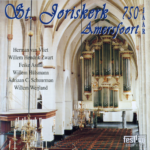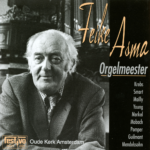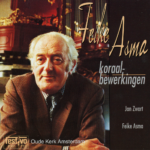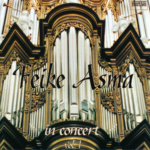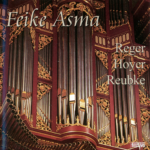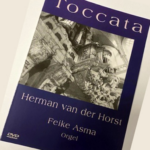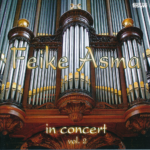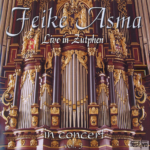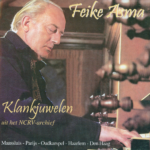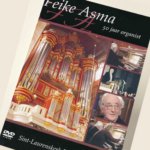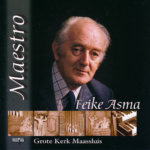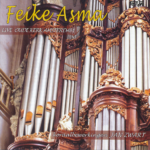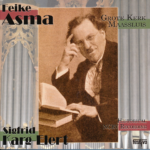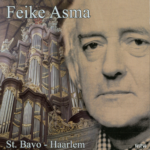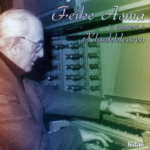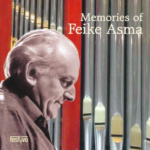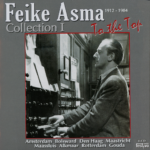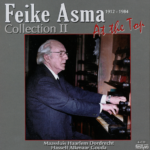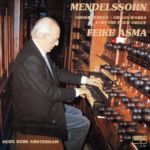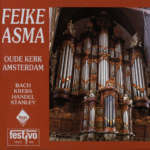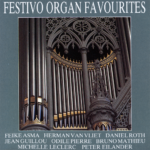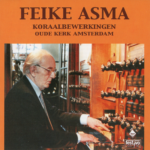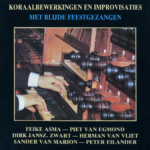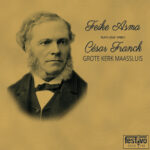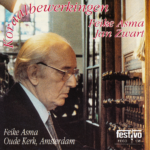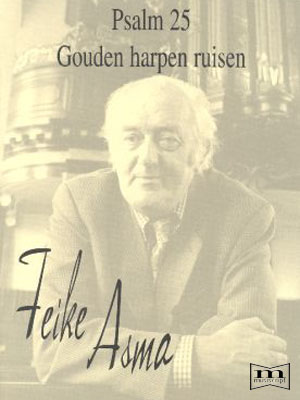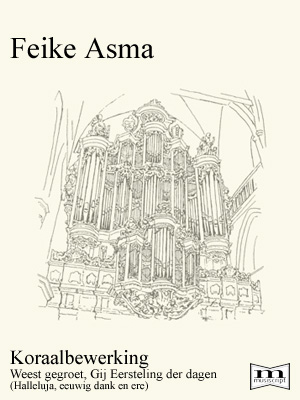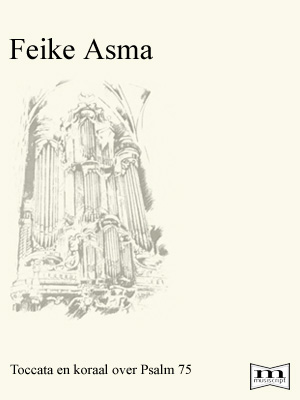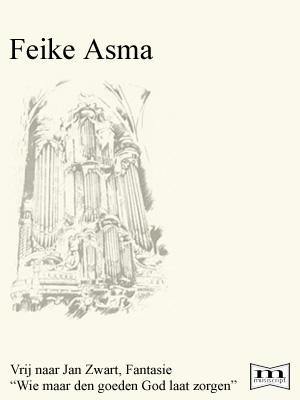Feike Asma
Feike Asma was born in 1912 in Den Helder, where his father was organist of the Gereformeerde Kerk. He succeeded his father at the age of fourteen and studied organ with Jan Zwart from 1927 until Zwart died in 1937. Asma later studied orchestra direction with Eduard Flipse and at the Academia Musicale in Siena (Italy) under the direction of Pau1 van Kempen. From 1933 to 1943 he was organist at the Hooglandse Kerk in Leiden, from 1943 to 1965 at the Evangelisch Lutherse Kerk in The Hague and from 1965 till his death in 1984 at the Grote Kerk in Maass1uis.
He was a striking personality in the organ world, both in the Netherlands and abroad. In addition to the great works from the Romantic Period, he advocated modern repertoire by performing works of contemporary composers.
In the nineteen fifties, if you asked any Dutchman with no or little knowledge of organs and organ music to mention a name, the name of Feike Asma was an obvious choice. For many decades, Asma was the most famous organist in the Netherlands. No other organist has given so many concerts and has recorded so many albums. The number of people whom he appealed to, directly and indirectly, is countless.
His emotionally open way of communicating and his style, which was to many contagious and highly personal but also self-willed. His views were certainly not uncontroversial.
Feike Asma has often been referred to as “an organist of the people”, meaning he appealed to the imagination of a large audience – until the present day. Asma contributed to the development of the organ culture in the Netherlands, which he strongly influenced. He managed to raise a general interest for types of organ music not played very frequently at the time.
In his interpretation of works, Feike Asma played very intuitively, after thoroughly studying and analyzing, ultimately evident in his performance. He demonstrated a remarkable communicative power. He had a great affinity for German and French Romantic organ music, and that was the music he performed best. It is easy to recognize the choice of registrations, the performance full of passion with arched tensions.
He transformed music, fitting it into his own world of sounds, adding a new dimension to it. In this way, a composition would transcend into something else.
Feike Asma did not refer to his own chorale preludes as compositions, and did not want to compare them to compositions of Buxtehude, Bach or Reger, but rather preferred to see them as a specific kind of music meant to be used during church services. He commented “Playing the organ is a matter of faith for me. It is not possible to play chorale preludes without faith”.
They were often inspired by weekly liturgical practice and its content should be sung and experienced. As a musical commodity, his works were aimed to be playable by many and as such were not very complicated, yet appealed to the hearts of many.
They were and are very accessible. Like his mentor Jan Zwart, Feike Asma wanted to bring the organ closer to people. His performances never missed that goal. His compositions, too, served that aim.
